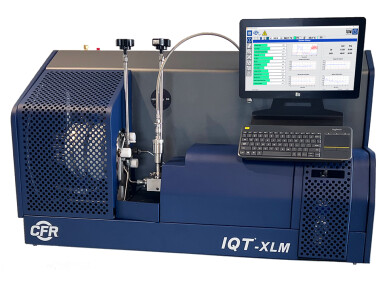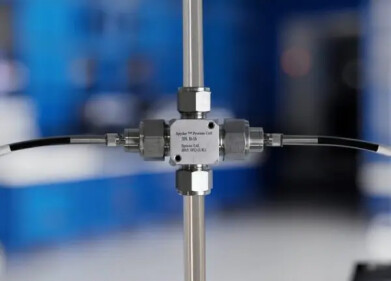Analytical Instrumentation
Are All Fuel Economy Standards Beneficial?
Jun 04 2019
While the Energy Policy and Conservation Act (EPCA) does include elements designed to minimise emissions, some experts maintain that abolishing the legislation is the best way to combat climate change. Environmental activists are calling on Congress to reconsider the EPCA and instead champion the Clean Air Act, which they claim is a more robust way to empower states with the rights to minimise air pollution and safeguard public health.
Calls to abolish outdated fuel economy regulation
First introduced in the mid-1970s, the Energy Policy and Conservation Act (EPCA) was drafted to increase energy production and supply while simultaneously regulating federal fuel economy standards. Now, critics are slamming the act for failing help the Unites States meet its climate change commitments. They claim that EPCA vehicle fuel economy provisions are more than 44 years old and simply aren't strict enough to force down GHG emissions.
The transport sector is one of the biggest polluters in the US, accounting for around 27% of national greenhouse gas emissions. If the United States is serious about upholding its commitments to the Clean Air Act, climate change activists maintain the EPCA must be amended, if not dismantled.
Empowering policymakers
By abolishing the EPCA and revoking existing fuel economy standards, policymakers would be free to regulate GHG pollutants as toxins that pose a risk to public health and the environment. As both gasoline and diesel produce carbon dioxide (CO2), CAA policymakers would have the power to place even stricter fuel economy standards on the fuels.
The CAA would also factor in innovative clean technologies such as electric cars and other zero-emission vehicles, which currently have limited consideration under the EPCA. Manufacturers would also be forced to face large penalties for the sale of non-compliant vehicles, as opposed to simply paying the negligent fines currently imposed under the EPCA and continuing to sell cars that don't meet fuel economy standards.
Saving lives with the Clean Air Act
Furthermore, the CAA has a proven track record for success, helping to slash auto pollution levels by 99% since the 1960s and unlocking around US$2 trillion in economic value. Not to mention saving hundreds of thousands of lives by minimising air pollution, which according to the WHO currently causes one third of deaths from lung cancer, heart disease and stroke.
Minimising greenhouse gas emissions isn't the only issue on the climate change agenda, with boosting environmental credentials also a top priority for refineries. For a closer at how oil and gas producers are using continuous emissions monitoring systems (CEMS) to monitor air pollution and adhere to defined emissions limit values (ELV’s) for pollutants such as NOx and CO, don't miss 'Environmental housekeeping around the refinery'.
Digital Edition
PIN 25.5 Oct/Nov 2024
November 2024
Analytical Instrumentation - Picturing Viscosity – How Can a Viscometer or a Rheometer Benefit You? - Sustainable Grease Formulations: Evaluating Key Performance Parameters and Testing Method...
View all digital editions
Events
Dec 03 2024 Dusseldorf, Germany
Dec 08 2024 Anaheim, CA, USA
Turkey & Black Sea Oil and Gas
Dec 11 2024 Istanbul, Turkey
Dec 19 2024 Aurangabad, India
Jan 20 2025 San Diego, CA, USA



















